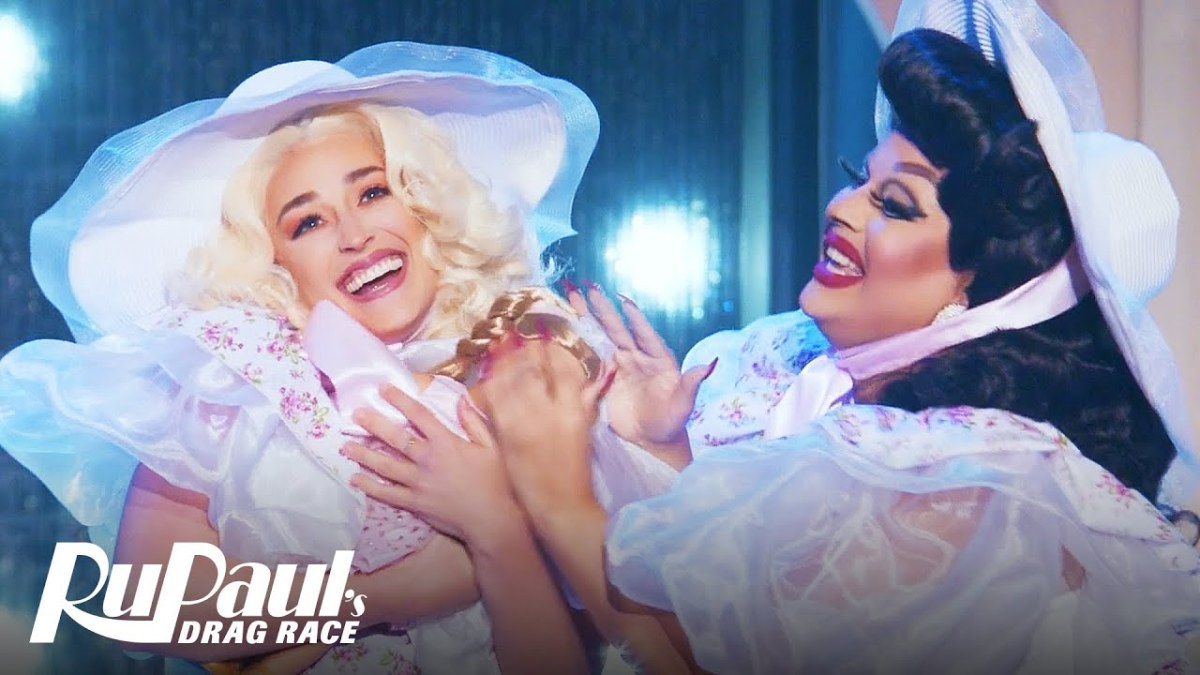Is Pop Culture’s Love of Joan Crawford Grossly Misplaced?
Last week’s episode of Rupaul’s Drag Race: All Stars was the much anticipated “rusical,” where contestants perform a musical inspired by a queer icon or pop phenomenon. Much like The Snatch Game (a Ru-ified take on The Match Game), each season’s rusical not only anchors the season, it offers a clear indication into the front runners in the competition.
This year the inspiration was Joan Crawford, not only the actress but the camp iteration of her as portrayed by Faye Dunaway in Mommie Dearest. Though clearly explained by Ru at the beginning of the episode, the episode is causing a rift in the fandom. Even with the campiness — and at times hilarity — of Faye Dunaway’s portrayal, does Joan Crawford deserve her place in pop culture?
I went back and watched Mommie Dearest, with a fresh set of eyes and let me tell ya, it was more than just the iconic “no more wire hangers moment” where she beats her daughter Christina for using wire hangers on expensive dresses. She also manipulates and controls her every move, even slightly admitting she only adopted her to gain positive press.
(It's also worth noting that Mommie Dearest the film is loosely based on Christina’s book by the same name, although there is some haziness to how much she was involved or agreed with the finished product.)

The cast of RPDR executed a near perfect rusical inspired by Joan, with a disco song dedicated to the no more wire hangers scene, a country diddy for the “Don’t f-ck with me fellas” boardroom scene, and a can’t-get-outta-my-head Vogue number celebrating her Oscar win for playing Mildred Pierce in 1945.
There was only one scene that really talked about Joan Crawford’s early life as a performer, meaning most of what pop culture defines as Crawford is really Faye Dunaway. In Mommie Dearest, Dunaway portrays Crawford as a mad woman with a piercing glare, a scheming set of overdrawn lips that can at once persuade and pierce, an extremely volatile character and a dangerous personality all-around.
What the fandom is missing is Dunaway’s performance and the film at large is more of a call-out of Hollywood culture than the story of an abusive mother and daughter. Much of their relationship mirrors Crawford’s career peaks and valleys. If the film is an accurate portrayal, she was never a person who should have had children. Ever. But what we’re all enamored with and quoting and mocking is the character. Not the Crawford of the silver screen. In that case the love for “Joan,” is spot-on. Laughing at film’s worst characters is as American as apple pie.
“You told Harpo to beat me.”
“Eat the cake, Anna Mae.”
“Go to bed, Joe. Go. To. Bed!”
We could fill pages with films’ incredibly funny/unfunny/funny portrayals that have wiggled their way into the zeitgeist. Sure, they weren’t all set to a Rupaul-approved disco beat, but does that matter? At what point do the characters take on a life of their own? Or do the Crawfords never deserve to be characterized in the first place?
Either way it was a damn good rusical, sorry, yall.
